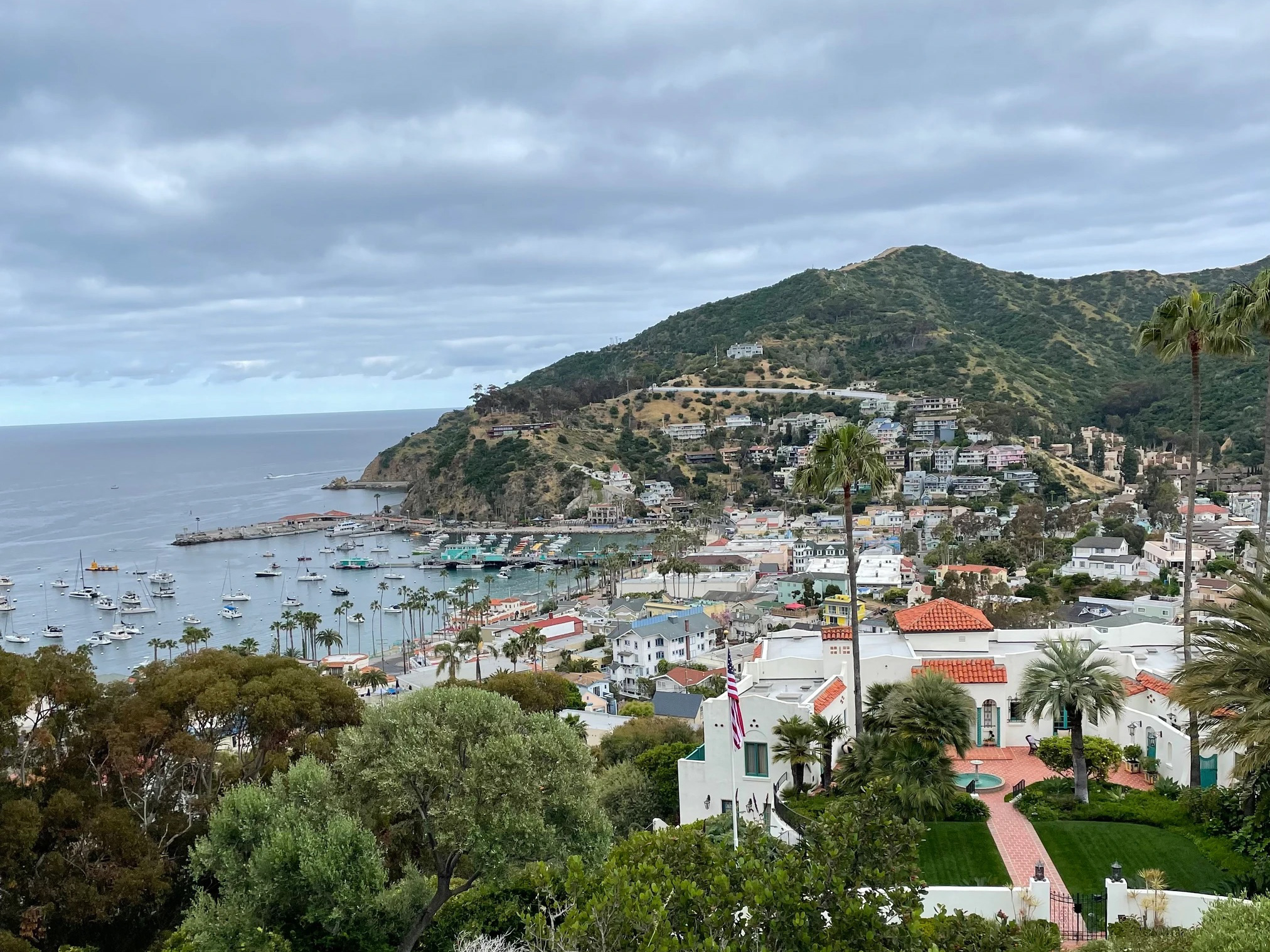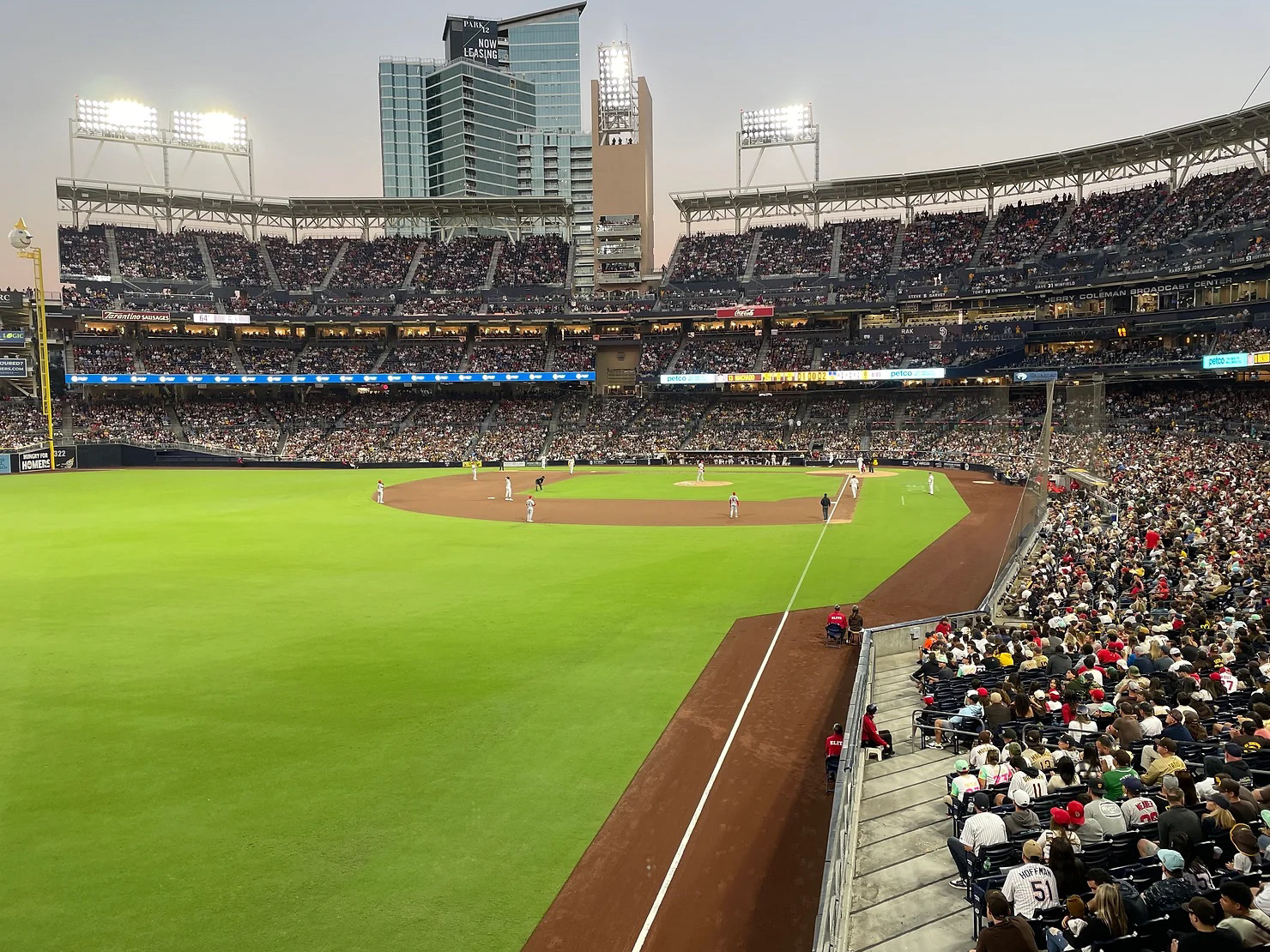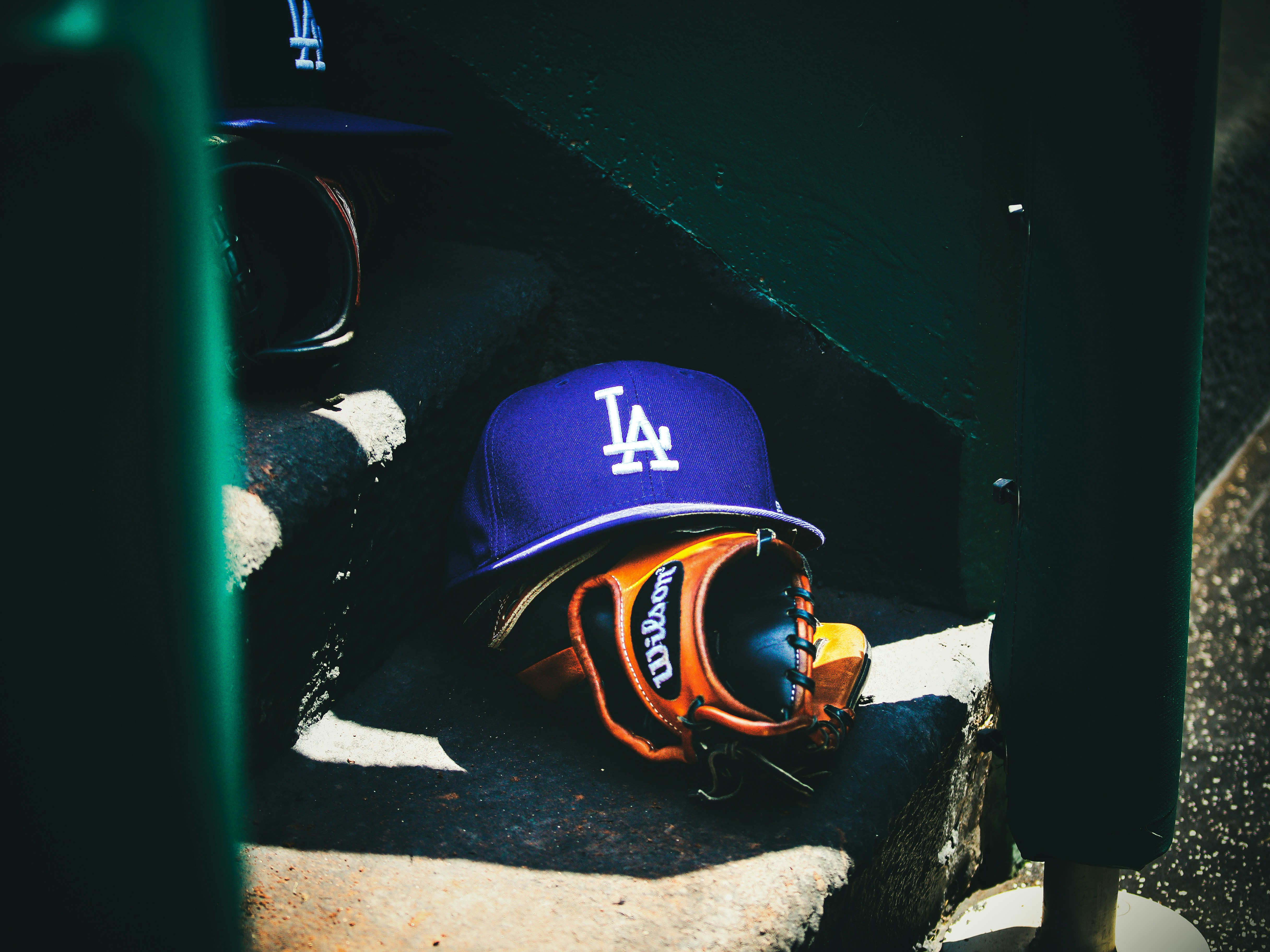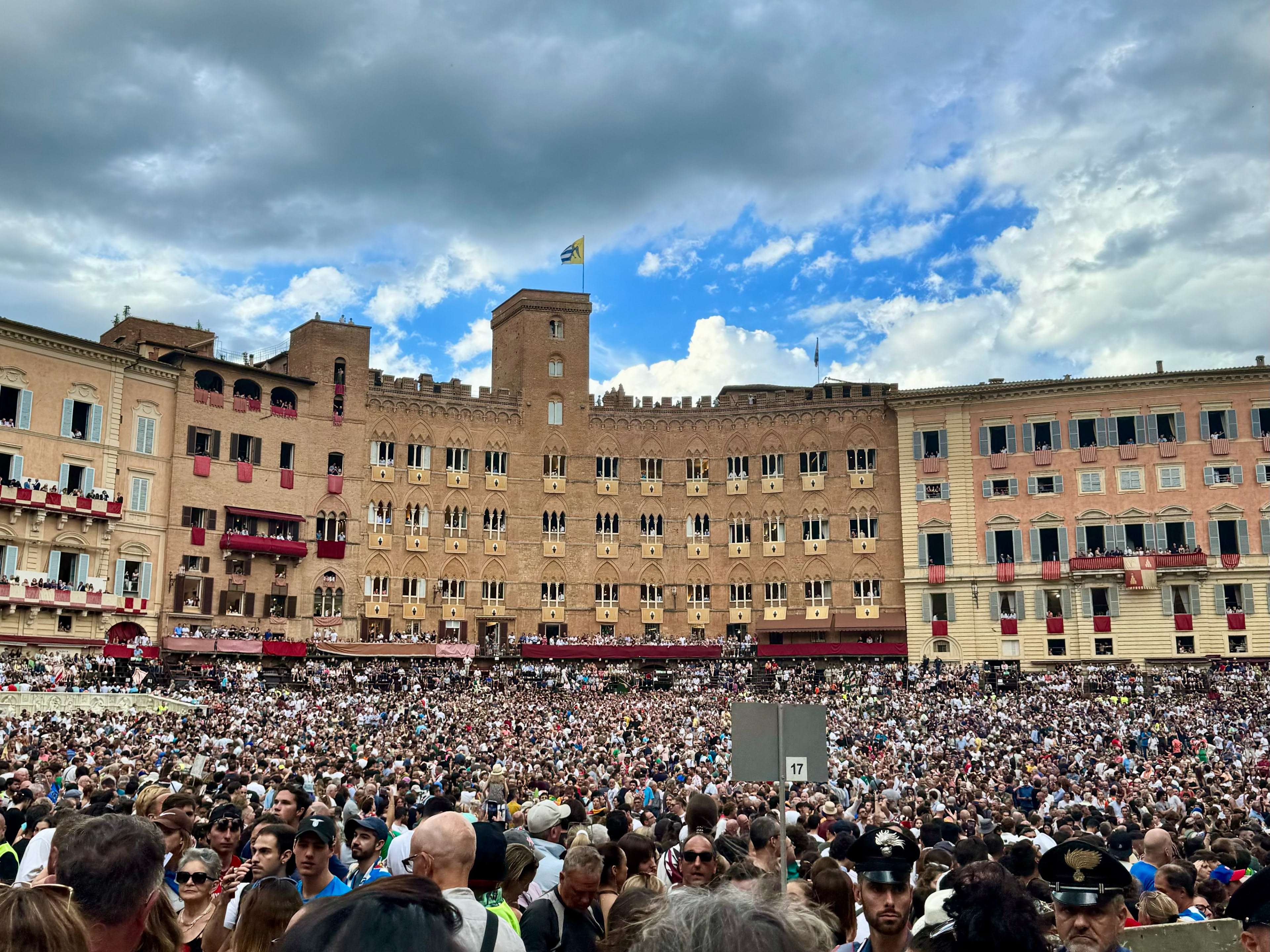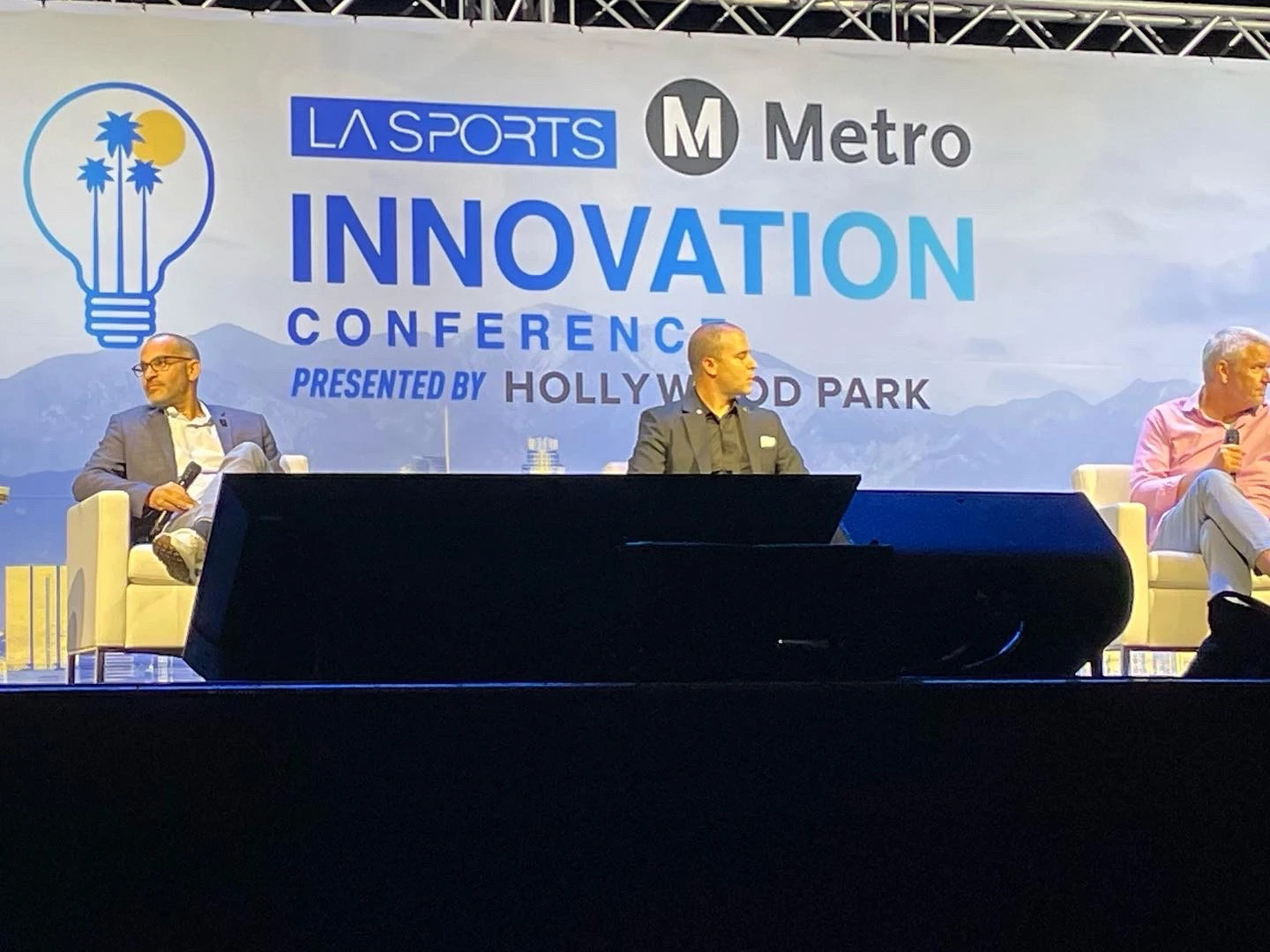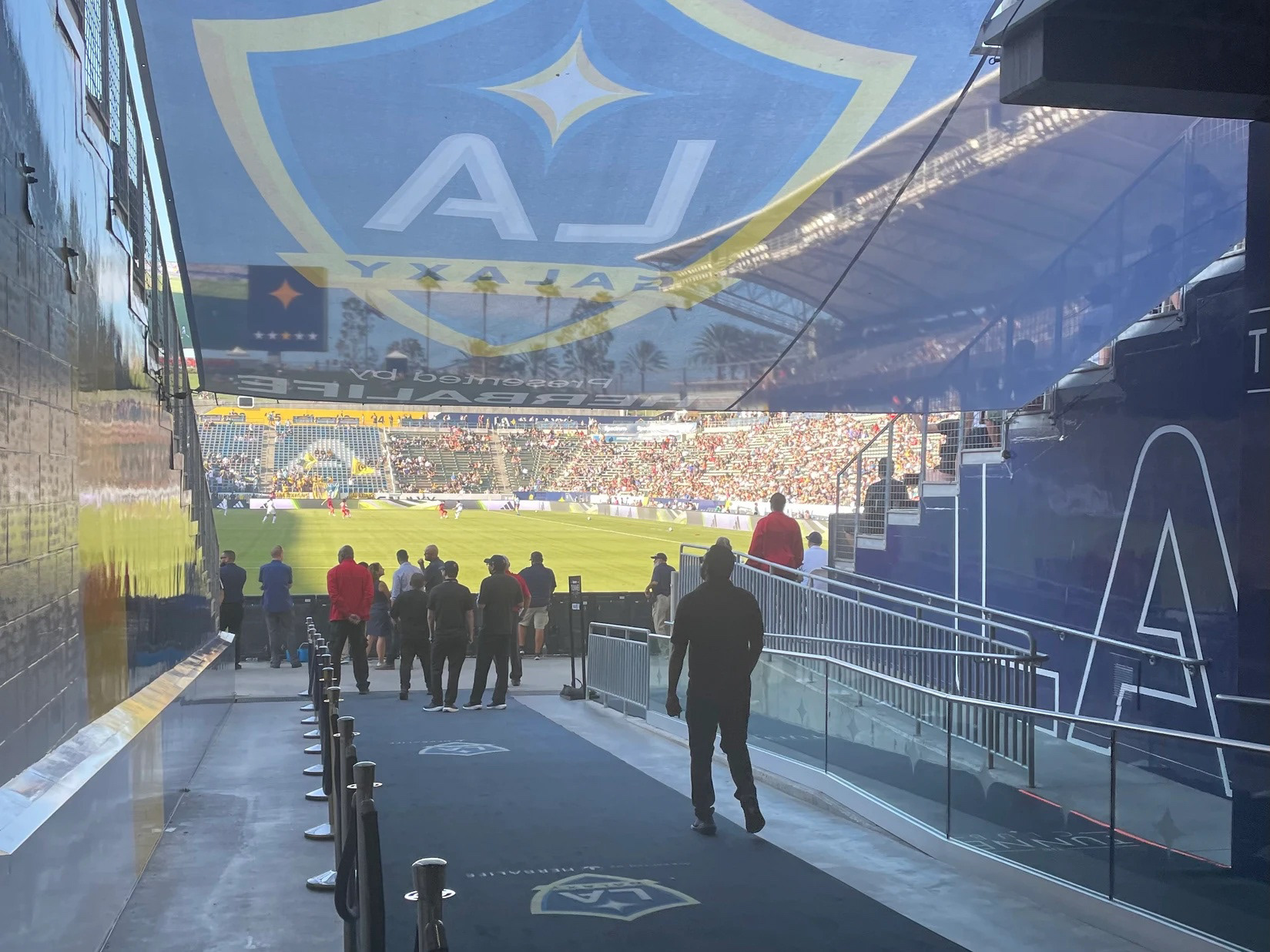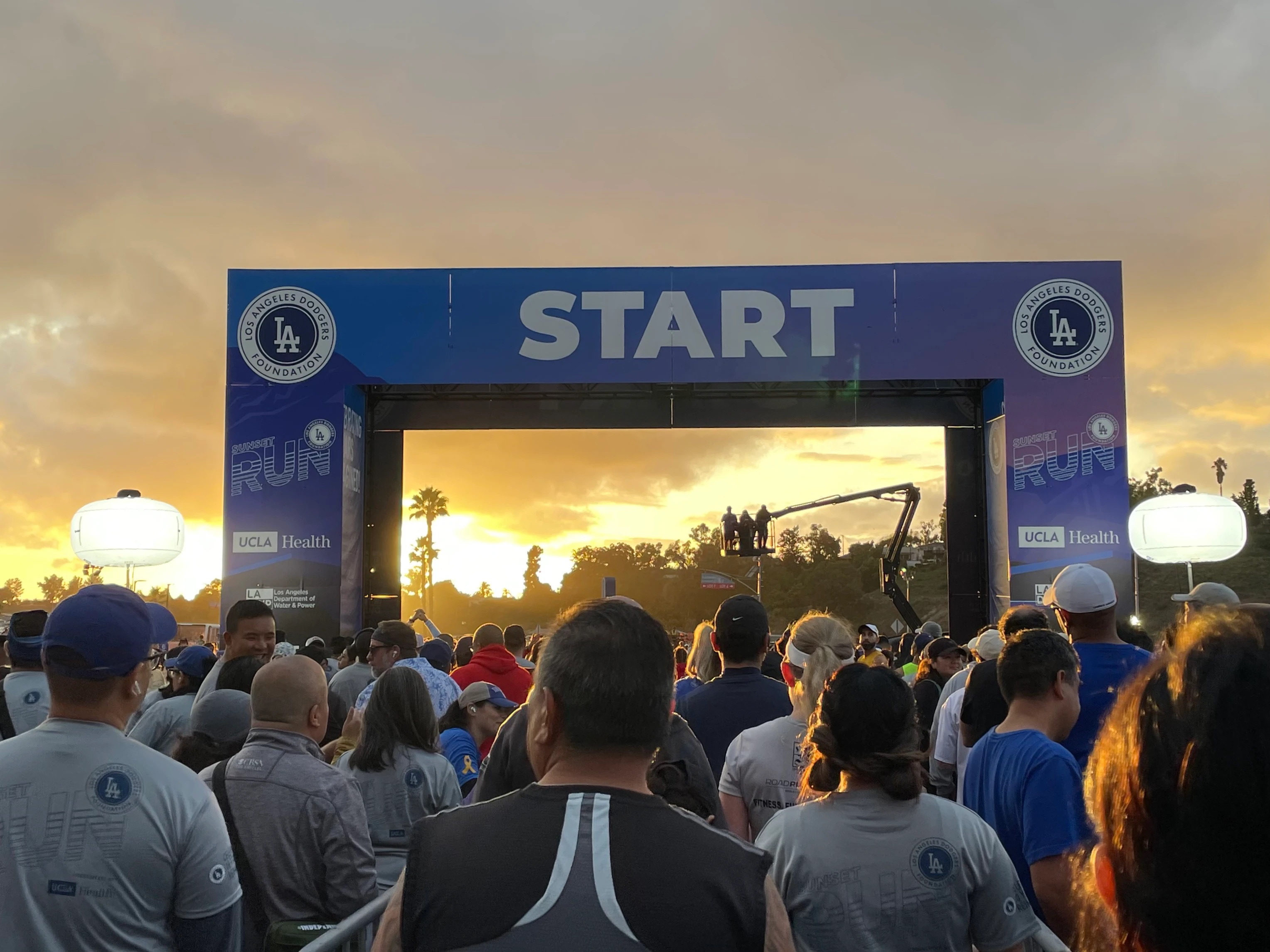The Philadelphia Eagles’ Super Bowl 59 victory over the Kansas City Chiefs was a major event, generating billions. But while the Super Bowl is promoted as an economic boon, it’s crucial to examine the substitution effect at play, specifically the "Displacement" and "Leakage" effects. The impact of stadiums and teams on local economy has been widely studied in sports economics.
New Orleans, hosting its 11th Super Bowl, likely saw a boost in spending, estimated between $100-$150 million. However, this isn't pure profit. The Displacement Effect means regular tourists, potentially big spenders themselves, are substituted out by Super Bowl crowds. They avoid the city due to inflated prices and massive crowds, effectively replacing one type of spending with another. Imagine families who normally would have visited New Orleans during Mardi Gras week deciding to stay home because of Super Bowl crowds. That's displacement.
The Leakage Effect further complicates the picture. Much of the Super Bowl spending leaks out of the local economy. Instead of local businesses reaping the rewards, money flows to national chains and corporations – substituting local revenue with corporate profit. Think about it: fans might stay in chain hotels, eat at chain restaurants, and buy NFL-licensed merchandise, all of which benefit large companies, not necessarily New Orleans businesses. A local souvenir shop might lose business to a national retailer selling the same Super Bowl t-shirt. This is leakage.
This is important to consider alongside the impressive figures often cited. For example, a 30-second Super Bowl ad on Fox cost a staggering $7 million. While that money flows into the broadcasting network, it doesn't directly translate to a $7 million benefit for New Orleans. Similarly, while Americans spent an estimated $15 billion on food and drinks for Super Bowl parties, a significant portion of that went to national grocery chains and beverage companies, not necessarily local restaurants or caterers.
So, while the Super Bowl undoubtedly brings some economic activity, it's crucial to understand that it's not all "new" money. Significant portions come from substituting existing tourism and spending patterns, which can lessen the net benefit for the host city. The real winners? The NFL and its corporate partners, who capture the lion's share of the Super Bowl's financial windfall. They benefit from the massive advertising revenue, sponsorship deals with companies like Pepsi and Visa, and the sale of high-priced tickets and merchandise. While New Orleans gets a temporary boost, the long-term economic impact is more complex than it might initially seem.

